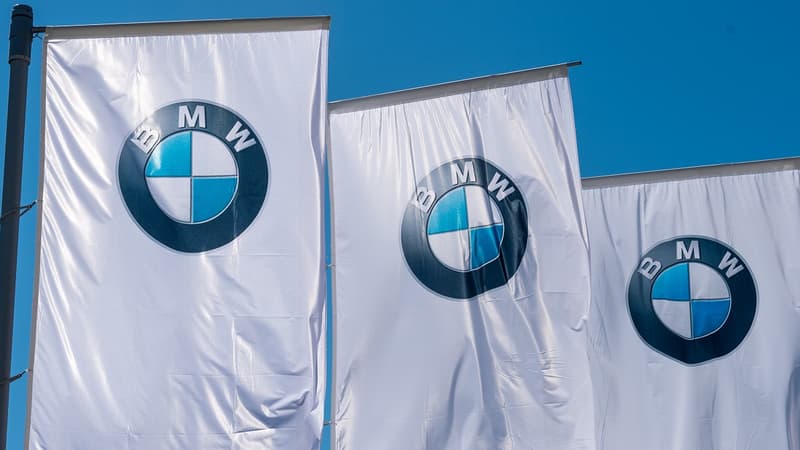Relief in the automotive world in Germany. A Bavarian town gave the green light on Sunday to the construction of a BMW battery factory, which it considers the decisive project for its conversion to all-electric technology. The car manufacturer had spared no expense to try to attract the 2,700 inhabitants of Strasskirchen, a quiet city an hour and a half from Munich, divided for months by the prospect of this establishment.
During a local consultation organized on Sunday, a large majority of voters (75%) voted in favor of the project, BMW and the city council announced. The project has symbolic value at a time when German industry is going through a period of crisis, faced with high energy costs and shrinking order books from abroad.
Added to this are increasingly stricter regulatory requirements and more attractive subsidies offered elsewhere, particularly in the United States, which are vectors that push entrepreneurs to review their “made in Germany” establishments.
3200 employees
The result of the consultation is an “important signal” for Germany’s economic future, said Ilka Horstmeier, head of human resources at BMW, in a press release on Sunday afternoon. The plant, which is expected to employ more than 3,200 people, is designed to produce 600,000 high-voltage batteries per year, destined for BMW factories, particularly Dingolfing (Bavaria), the manufacturer’s largest in Germany and Europe.
A rejection of the project would have compromised the group’s electrification strategy and the planned launch around 2025 of its new range of electric vehicles. Because batteries are large and heavy, their production plants must be located as close as possible to vehicle assembly lines. BMW is already applying this strategy in its factories abroad, in Hungary, the United States, Mexico and China. The municipality of Strasskirchen was chosen because it also met this proximity criterion.
But a part of the inhabitants opposed the Bavarian automobile giant, fearing that their rural territory, south of the Danube and the Bavarian Forest, would become an industrial zone, with an increase in road traffic. “More than 100 hectares of prime arable land will be destroyed forever,” a mistake “from the perspective of climate change,” estimates Thomas Spötzl, 44, spokesman for an opposition movement.
“For Bavaria and for the whole of Germany it must still be possible to create a large industrial facility of this type,” said Armin Soller, mayor of the neighboring town of Irlbach, who is also concerned about the future location.
“Clear reluctance”
On the part of BMW, we regret “a clear reluctance to create industrial centers in Germany”, while the country’s activity slows down and its economic model faces structural transformations, such as the energy transition, digitalization and geopolitical tensions with China. Thus, in July, a paper factory located in an industrial area neighboring Strasskirchen, which employed 500 people, announced its closure. The reason has been cited as high energy costs.
Chancellor Olaf Scholz has recently asked regions, municipalities and even the opposition to support a “German pact” to make the country more agile, dynamic and less bureaucratic, but this has not really convinced economic circles. “We need a global concept that guarantees the maintenance of our competitiveness and our locations,” said Arno Antliz, chief financial officer of the other automobile giant Volkswagen, on Monday.
However, in recent months several large industrial projects have been announced in Europe’s largest economy, including semiconductor manufacturing plants backed by global leaders in the sector. The future headquarters of BMW offers “an immense opportunity for the region to invest in sustainable technologies and the jobs of the future,” said Martin Götz, 45, a native of Strasskirchen and spokesman for an association supporting the sector, before the vote. factory project. .
Source: BFM TV


